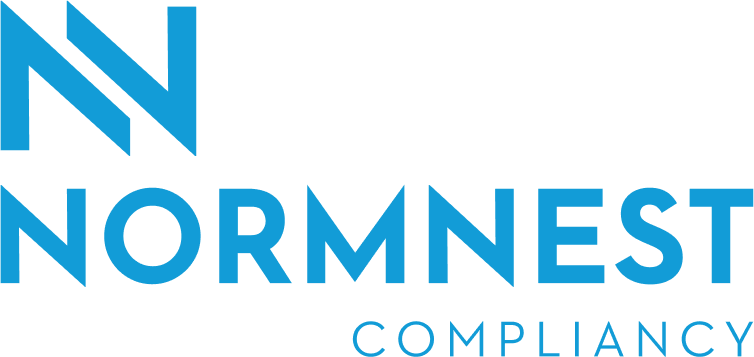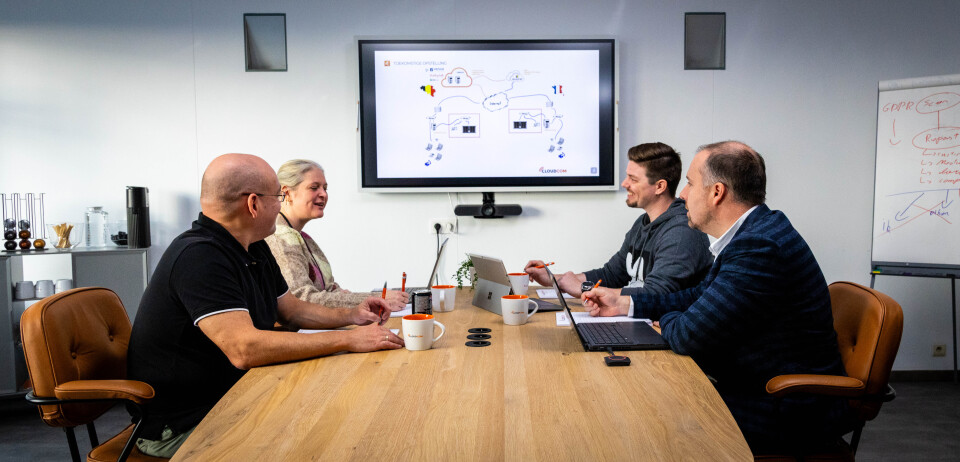Jeroen De Block wears several hats. As the CEO of CloudCom, he oversees a fast-growing Belgian IT services company. He’s also the founder of NormNest, a new consultancy focused on helping small and mid-sized companies meet compliance obligations. And through his third company, BizzApps, he supports clients with Microsoft Dynamics Business Central solutions.
Despite the variety, a common thread runs through his work: regulatory compliance. Between ISO 27001, GDPR, NIS2, and DORA requirements, Jeroen found himself juggling complex mandates, often with little automation or structure.
“We managed everything with Word documents and Excel sheets,” he explained. “That became hard to scale as our team grew.”
He needed a better way to delegate, track, and operationalize compliance.
Growing pains with document-based systems
CloudCom’s initial compliance setup worked, barely, when the company was small. But with rapid growth came complexity. Delegating compliance tasks across a 27-person team using static documents was inefficient and risky.
“Before Cyberday, everything was centralized with me. I was responsible for all tasks,” Jeroen said. “But as we grew, we needed every team to take ownership. The document-based system couldn’t handle that.”
The company began evaluating platforms, but quickly ran into two key issues: overly complex interfaces and a lack of alignment with EU-specific regulations.
“With most platforms, you're hit with 500 tasks right away. It's overwhelming. Cyberday’s step-by-step structure was a relief.”

Distributed compliance, centralized in Cyberday
Cyberday became both a tool and a partner. After a demo, Jeroen saw that Cyberday’s support for EU legislation, like GDPR, NIS2, DORA and national frameworks, was far more aligned with the needs of companies operating in Belgium and across Europe.
“We needed a solution that includes EU frameworks by default,” he explained. “Some platforms just don’t go deep enough on things like NIS2 or Cybersecurity Fundamentals.”
Internally, CloudCom started by migrating its ISO 27001 compliance program. It was no small feat.
“It took six months,” Jeroen noted. “But it gave me a chance to re-evaluate everything: roles, policies, and processes. In the end, it was a healthy reset.”
Tasks are now delegated through Cyberday with Microsoft Teams integration. Employees get clear, timely notifications and responsibilities are clearly distributed.
“Cyberday made it possible to move from ‘I do everything’ to shared ownership.”
Why Cyberday? A better fit for EU SMBs
Several factors made Cyberday the standout choice:
- Step-by-step implementation: “It breaks down the process into digestible parts, which is perfect for SMBs.”
- Modern UI: “Other tools feel stiff and outdated. Cyberday is fresh and intuitive.”
- Multi-framework compliance: “Adding a new framework shows you’re already 30% complete, as tasks between frameworks overlap. This motivates you to keep going.”
- EU-relevant content: Cyberday includes local frameworks like Belgian CyberFundamentals, making it easier to stay aligned with European compliance requirements.
“We started with ISO 27001. When I added new frameworks like DORA or NIS2, it showed I was already 30% done. That gave me the energy to keep going.”

.svg)




























.svg)
.svg)

















